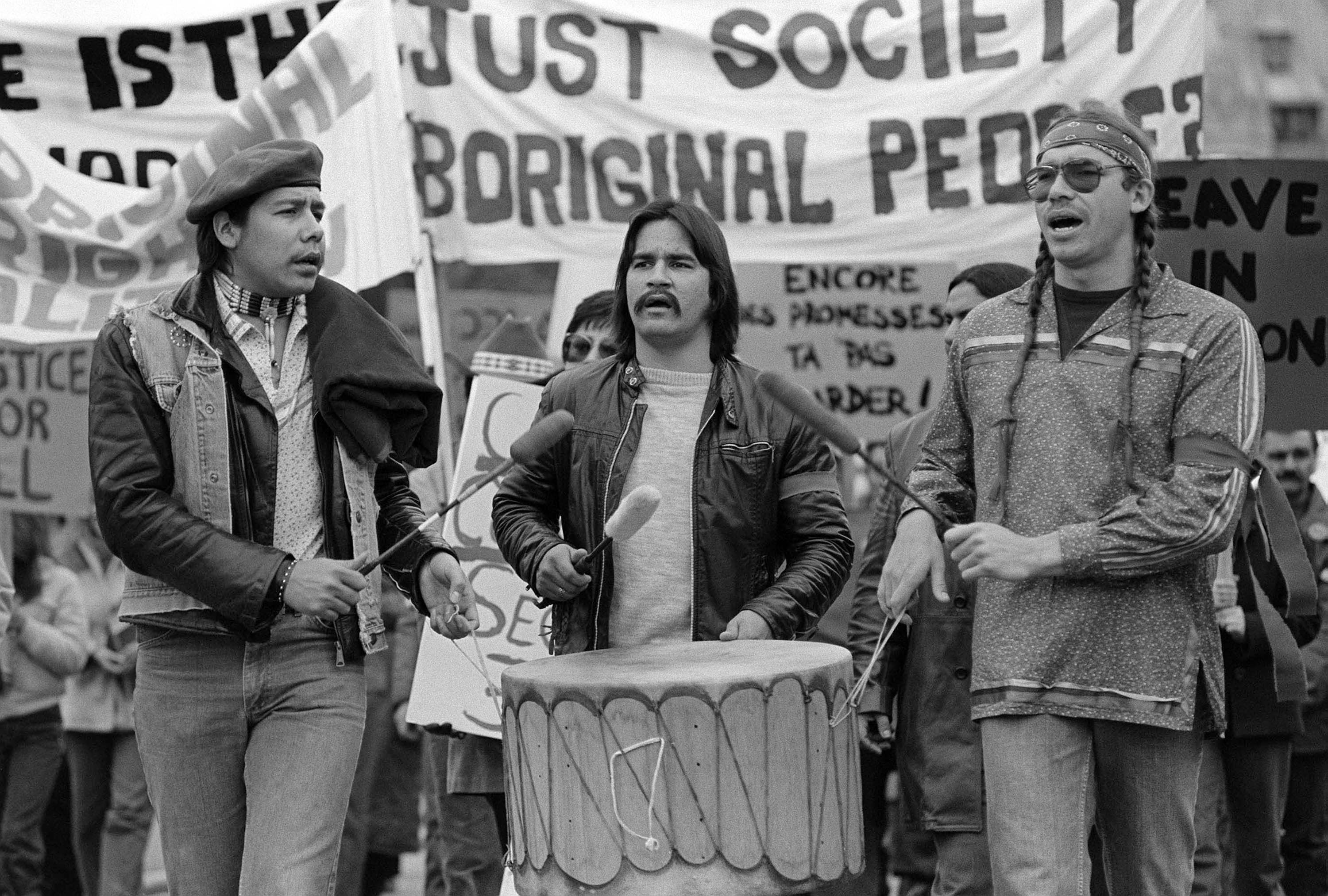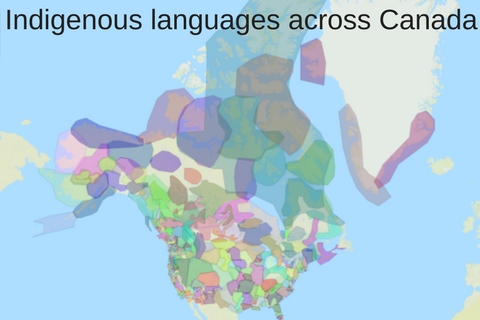Interview
In Conversation with Kyle Shewfelt
On 15 December 2015, Kyle Shewfelt spoke to Jeremy Freeborn for The Canadian Encyclopedia at Canada’s Sports Hall of Fame in Calgary.

Enter your search term
Signing up enhances your TCE experience with the ability to save items to your personal reading list, and access the interactive map.
Create AccountInterview
On 15 December 2015, Kyle Shewfelt spoke to Jeremy Freeborn for The Canadian Encyclopedia at Canada’s Sports Hall of Fame in Calgary.
"https://d3d0lqu00lnqvz.cloudfront.net/media/media/c39b2a42-6bff-456d-88d8-d098230b8214.jpg" // resources/views/front/categories/view.blade.phphttps://d3d0lqu00lnqvz.cloudfront.net/media/media/c39b2a42-6bff-456d-88d8-d098230b8214.jpg

Interview
“Every so often, you become aware that a fictional story has an equally beautiful, real and true story behind it — and that doesn’t happen every day.”
"https://d3d0lqu00lnqvz.cloudfront.net/media/media/ff8fd71d-fb1e-4d65-8ff2-ce13d83b470d.jpg" // resources/views/front/categories/view.blade.phphttps://d3d0lqu00lnqvz.cloudfront.net/media/media/ff8fd71d-fb1e-4d65-8ff2-ce13d83b470d.jpg

Interview
Swimmer Michael Edgson of North Vancouver, British Columbia, won a Canadian record 17 Paralympic gold medals, including nine gold medals at the 1988 Paralympic Games, the most by a Canadian at a single Paralympic Games.
"https://d3d0lqu00lnqvz.cloudfront.net/media/media/fc3d1be8-7dec-46e9-8d1f-a6a101a549ee.jpg" // resources/views/front/categories/view.blade.phphttps://d3d0lqu00lnqvz.cloudfront.net/media/media/fc3d1be8-7dec-46e9-8d1f-a6a101a549ee.jpg

Interview
On 7 October 2016, the 2003 Masters golf champion Mike Weir of Sarnia, Ontario, spoke to Jeremy Freeborn for The Canadian Encyclopedia.
"https://d3d0lqu00lnqvz.cloudfront.net/media/media/9901d03f-058f-4fde-9df5-2a613c622a6f.jpg" // resources/views/front/categories/view.blade.phphttps://d3d0lqu00lnqvz.cloudfront.net/media/media/9901d03f-058f-4fde-9df5-2a613c622a6f.jpg

Interview
Social Media & Outreach Editor Zach Parrott interviews Rod Matheson for The Canadian Encyclopedia.
"https://d3d0lqu00lnqvz.cloudfront.net/media/media/53376be8-b6de-431d-bf44-315cba10770f.jpg" // resources/views/front/categories/view.blade.phphttps://d3d0lqu00lnqvz.cloudfront.net/media/media/53376be8-b6de-431d-bf44-315cba10770f.jpg

Article
The following article is an editorial written by The Canadian Encyclopedia staff. Editorials are not usually updated.
"https://www.thecanadianencyclopedia.ca/images/tce_placeholder.jpg?v=e9dca980c9bdb3aa11e832e7ea94f5d9" // resources/views/front/categories/view.blade.phphttps://www.thecanadianencyclopedia.ca/images/tce_placeholder.jpg?v=e9dca980c9bdb3aa11e832e7ea94f5d9

Article
The Indian Act is the primary law the federal government uses to administer Indian status, local First Nations governments and the management of reserve land. It also outlines governmental obligations to First Nations peoples. The Indian Act pertains to people with Indian Status; it does not directly reference non-status First Nations people, the Métis or Inuit. First introduced in 1876, the Act subsumed a number of colonial laws that aimed to eliminate First Nations culture in favour of assimilation into Euro-Canadian society. A new version of the Act was passed in 1951, and since then, has been amended several times, most significantly in 1985, with changes mainly focusing on the removal of discriminatory sections. It is an evolving, paradoxical document that has enabled trauma, human rights violations and social and cultural disruption for generations of Indigenous peoples. This is the full-length entry about the Indian Act. For a plain language summary, please see Indian Act (Plain Language Summary).
"https://d3d0lqu00lnqvz.cloudfront.net/media/media/cbcd31d1-03f6-4fba-a45d-96ee89c4617d.jpg" // resources/views/front/categories/view.blade.phphttps://d3d0lqu00lnqvz.cloudfront.net/media/media/cbcd31d1-03f6-4fba-a45d-96ee89c4617d.jpg

Article
The Indian Act was first created in 1876. A new version was created in 1951. Since then, the Act has been revised several times. The main goal of the Act was to force First Nations peoples to lose their culture and become like Euro-Canadians. The Indian Act does not affect either the Métis or Inuit. (This article is a plain-language summary of the Indian Act. If you are interested in reading about this topic in more depth, please see our full-length entry, Indian Act.)
"https://d3d0lqu00lnqvz.cloudfront.net/media/media/cbcd31d1-03f6-4fba-a45d-96ee89c4617d.jpg" // resources/views/front/categories/view.blade.phphttps://d3d0lqu00lnqvz.cloudfront.net/media/media/cbcd31d1-03f6-4fba-a45d-96ee89c4617d.jpg

Article
Indian agents were the Canadian government’s representatives on First Nations reserves from the 1830s to the 1960s. Often working in isolated locations far from settler communities, Indian agents implemented government policy, enforced and administered the provisions of the Indian Act, and managed the day-to-day affairs of Status Indians. Today, the position of Indian agent no longer exists, as First Nations manage their own affairs through modern band councils or self-government.
"https://d3d0lqu00lnqvz.cloudfront.net/media/new_article_images/IndianAgent/indian agent3.jpg" // resources/views/front/categories/view.blade.phphttps://d3d0lqu00lnqvz.cloudfront.net/media/new_article_images/IndianAgent/indian agent3.jpg

Article
Indian Status is a legal identity defined by the Indian Act. It applies to some Indigenous peoples in Canada. People with status, known as Status Indians (or Registered Indians), fit the criteria for status as laid out in the Act. The terms of status — including who is considered Indian under the law — have changed over time. Outside legal contexts, Indian is a term that is now considered outdated and offensive.
"https://d3d0lqu00lnqvz.cloudfront.net/media/media/174cee51-4aca-4a67-ac60-f72697d35862.jpg" // resources/views/front/categories/view.blade.phphttps://d3d0lqu00lnqvz.cloudfront.net/media/media/174cee51-4aca-4a67-ac60-f72697d35862.jpg

Article
The term Indian, when used to identify Indigenous peoples in South, Central and North America, is considered outdated and offensive. In Canada, the term has been used historically to refer to Indigenous peoples, but it also has modern legal significance. It is used to refer to legally defined identities set out in the Indian Act, such as Indian Status. For some Indigenous peoples, the term Indian confirms their ancestry and protects their historic relationship to the Crown and federal government. For others, the definitions set out in the Indian Act are not affirmations of their identity. (The term Indian in the context of this article does not refer to Indian people of South Asia. For more information on people of that community, please see South Asian Canadians.)
"https://d3d0lqu00lnqvz.cloudfront.net/media/media/174cee51-4aca-4a67-ac60-f72697d35862.jpg" // resources/views/front/categories/view.blade.phphttps://d3d0lqu00lnqvz.cloudfront.net/media/media/174cee51-4aca-4a67-ac60-f72697d35862.jpg

List
An activist is someone who works to bring about social or political change. Many Indigenous people in Canada have been at the forefront of movements that concern issues like the environment, Indigenous and treaty rights, equal access to education and health care, the rights of women and children, and more. Indigenous women have taken up causes that affect their families and communities. This article names some of the many Indigenous women activists in Canada who have effectively championed important causes. (See also Indigenous Women’s Issues in Canada.)
"https://d3d0lqu00lnqvz.cloudfront.net/media/media/a28fc4c4-7840-4edc-ad7e-7bee27a74e64.jpg" // resources/views/front/categories/view.blade.phphttps://d3d0lqu00lnqvz.cloudfront.net/media/media/a28fc4c4-7840-4edc-ad7e-7bee27a74e64.jpg

Article
Elders are respected individuals who play key roles in Indigenous communities. They are important knowledge keepers, and they also help to ensure cultural continuity. As living connections to the past, Elders serve as teachers, healers, advisors and counsellors. Elder knowledge is culturally specific, meaning Anishinaabeg teachings, for example, are not necessarily Haudenosaunee teachings. However, Elders share some commonalities; for instance, spirituality and tradition shape their lives as well as the guidance they provide to others.
"https://d3d0lqu00lnqvz.cloudfront.net/elder2-1.jpg" // resources/views/front/categories/view.blade.phphttps://d3d0lqu00lnqvz.cloudfront.net/elder2-1.jpg

Article
At their root, Indigenous feminisms examine how gender and conceptions of gender influence the lives of Indigenous peoples, historically and today. Indigenous feminist approaches challenge stereotypes about Indigenous peoples, gender and sexuality, for instance, as they appear in politics, society and the media. Indigenous feminisms offer frameworks for learning about and understanding these, and other issues, regardless of one’s gender or ethnicity.
"https://d3d0lqu00lnqvz.cloudfront.net/media/new_article_images/IndigenousFeminisms/MMIWG activists.jpg" // resources/views/front/categories/view.blade.phphttps://d3d0lqu00lnqvz.cloudfront.net/media/new_article_images/IndigenousFeminisms/MMIWG activists.jpg

Article
Before European settlement in Canada, Indigenous peoples spoke a wide variety of languages. As a means of assimilating Indigenous peoples, colonial policies like the Indian Act and residential schools forbade the speaking of Indigenous languages. These restrictions have led to the ongoing endangerment of Indigenous languages in Canada. Indigenous communities and various educational institutions have taken measures to prevent more language loss and to preserve Indigenous languages.
"https://d3d0lqu00lnqvz.cloudfront.net/media/media/fda808dc-4ff3-4652-8bb4-4543f8e7aed5.jpg" // resources/views/front/categories/view.blade.phphttps://d3d0lqu00lnqvz.cloudfront.net/media/media/fda808dc-4ff3-4652-8bb4-4543f8e7aed5.jpg
